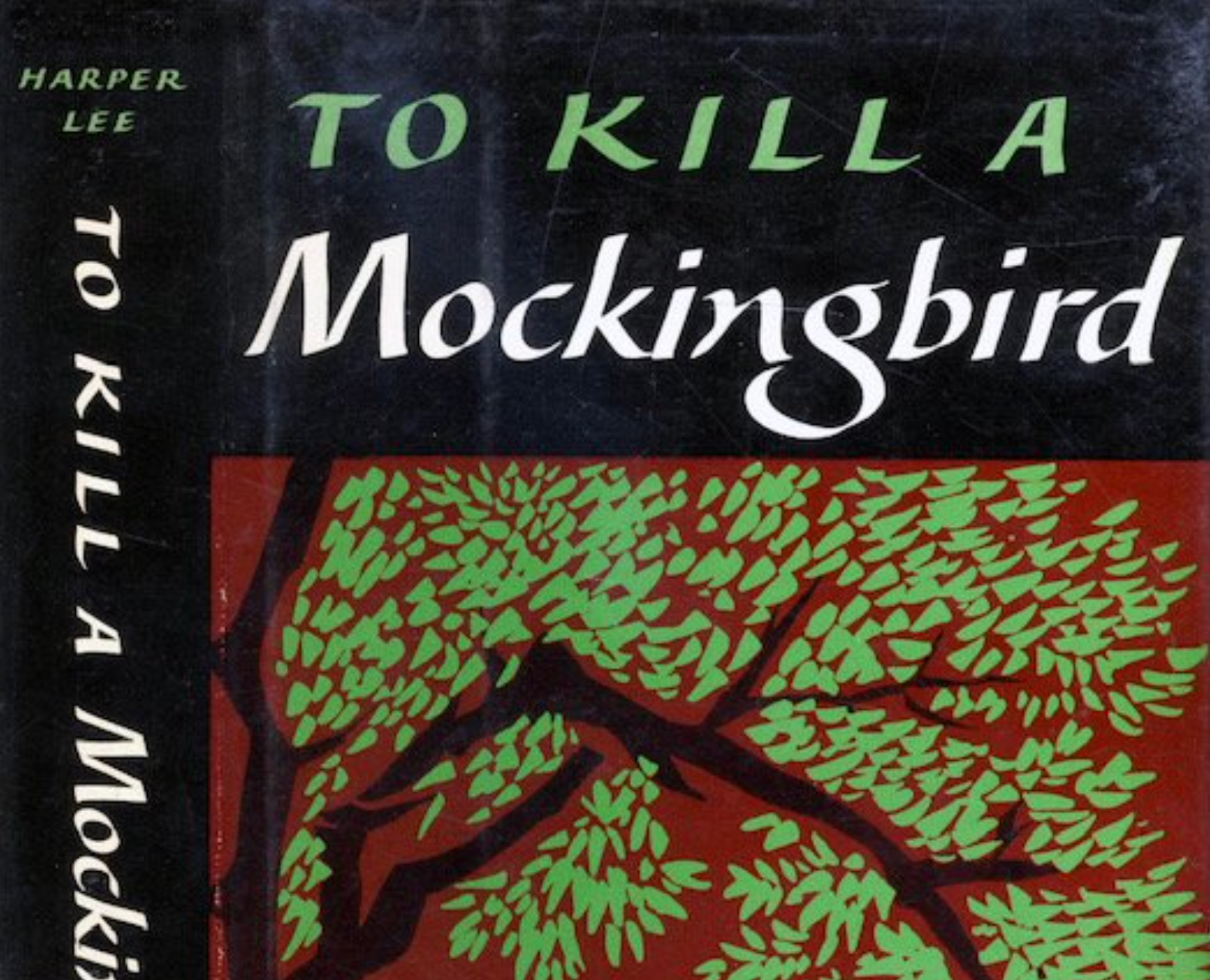Since its publication in 1960, Harper Lee’s novel “To Kill a Mockingbird” has proven provocative.
The American Library Association Office for Intellectual Freedom has had Lee’s classic on its Top 10 Most Challenged Books List at least four times since starting in 1990 to track challenges of books annually in school districts across the country. It was also entry 21 was on the association’s top 100 list of banned or challenged books between the years of 2000 and 2009.
The reason usually posited for challenging the book is offensive racial language, or its depiction of racism.
In February, this controversy reached Columbia County when “To Kill a Mockingbird” was challenged in the school district. The challenge came amid brewing contention, usually during Columbia County school board meetings, regarding what literature and other materials the district allows in its schools and media centers.
When Associate School Superintendent Michele Sherman discussed the challenge during the school board’s work session on Feb. 22, she denounced accusations that the district planted the parent complaint, saying “Nothing could be further from the truth,” and that the allegations were “completely false.”
Indeed, records show that in January of this year, Deshia Page of Martinez issued a formal complaint against “To Kill A Mockingbird,” via the school board’s Procedure IFAA, saying the book is “degrading to the African American community,” and, citing chapters 9 through 11, asking “how can a school that stands for equality take a student through such oppression and humiliation?”
Board Procedure IFAA is the process by which the district selects and appeals materials used in Columbia County schools. It entails the complainant filling out a form and explaining the reasons for the challenge.
Per the procedure, after Page submitted her complaint, the district put together an appeal committee comprised of administrators and teachers representing the grade level from which the complaint originated, parents who are not employed by the district, along with Sherman and Director of Student Learning Brian Campbell.
Evans High School principal Michael Johnson and Greenbrier High School principal Carla Shelton were also the administrators on the committee to appeal “To Kill a Mockingbird,” which convened on Feb. 22. All members, including the four parents of district high school students, voted to “take no action” against the novel.
The news was largely met an outcry of disapproval from both sides of that issue. Even downtown Augusta theatre Le Chat Noir had pledged to schedule a production of the stage adaptation of the novel if it were removed from school shelves.
“The language and how African Americans were treated is a part of American history and banning won’t erase or change the fact that it happened,” said Rella Hicks, an instructional specialist at Spirit Creek Middle School, whose daughter graduated from Greenbrier High School. “I think students should be exposed to the language and representation in novels such as this as well as modern more current representation. Take it from the past to present.”
Her novel “Dear Martin” was removed from a list of recommended supplemental reading in Columbia County Schools in 2019 by then-superintendent Sandra Carraway. In January, however, Monett High School in Monett, Mo., removed Stone’s book and replaced it in the curriculum with “To Kill A Mockingbird.”
When Atlanta-based writer Nic Stone, author of “Dear Martin” and “Dear Justyce,” visited the Augusta University campus in early May for a two-part lecture to local educators, she addressed “Mockingbird’s” contentious history and frequently ironic present.
Stone called the book among her favorites, her “third favorite book of all time,” and a “fantastic book,” but said it was of questionable use to teach lessons about race and racism in 2022.
“Say my mother wants to take care of my kid, but she just likes to use the methods that were used when she was born,” said Stone in her talk at AU this past May. “I think of ‘To Kill a Mockingbird’ the same way. There are things in 1960 that book hit spot on. And now, we should be talking about contemporary issues.”
Skyler Q. Andrews is a staff reporter covering education in Columbia County and business-related topics for The Augusta Press. Reach him at skyler@theaugustapress.com.










